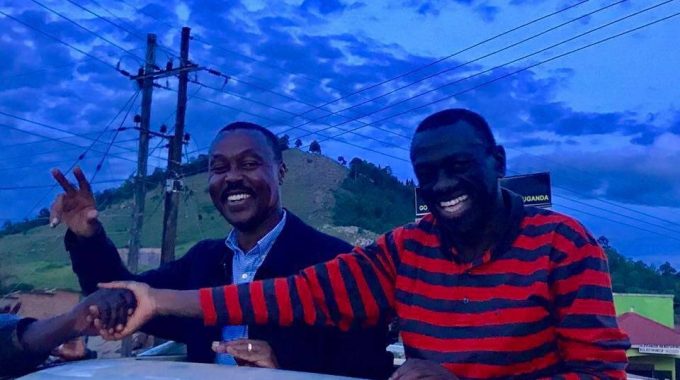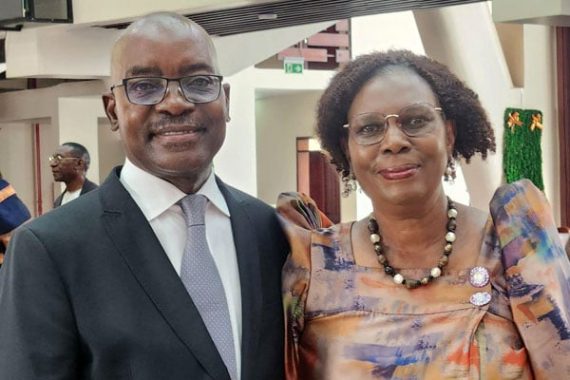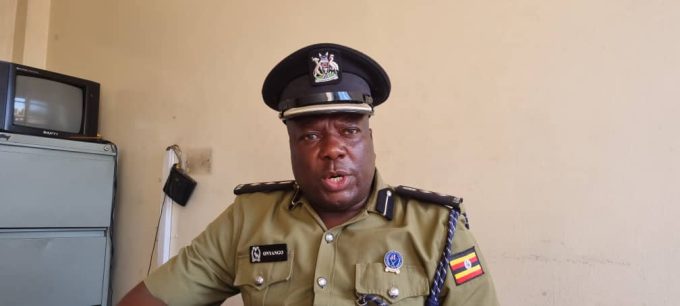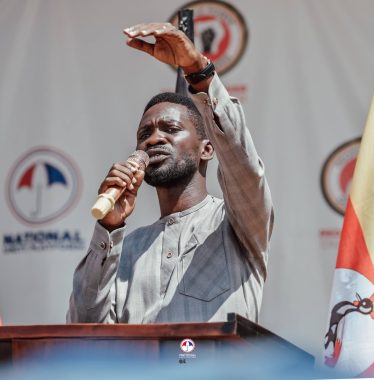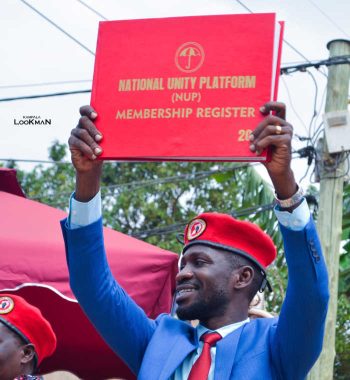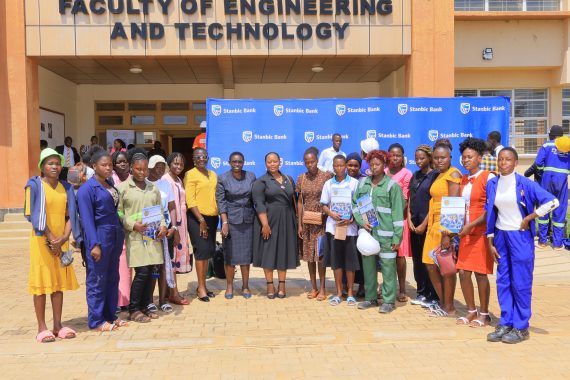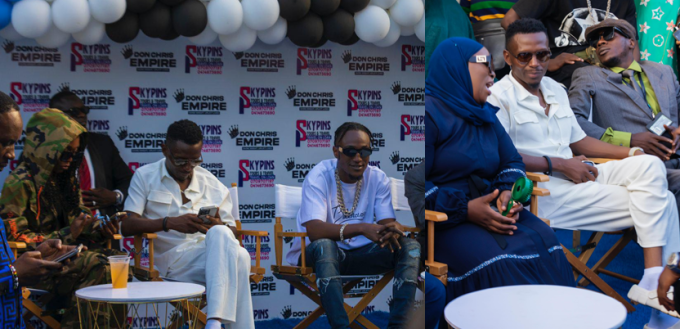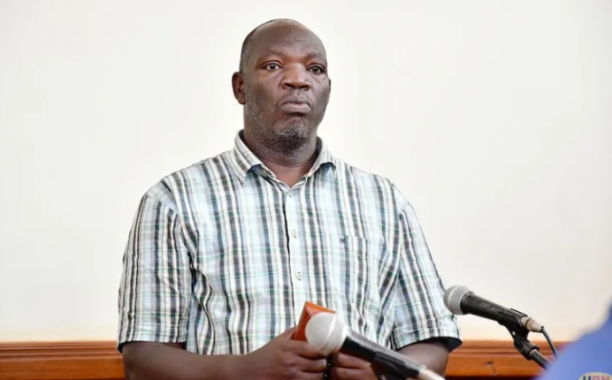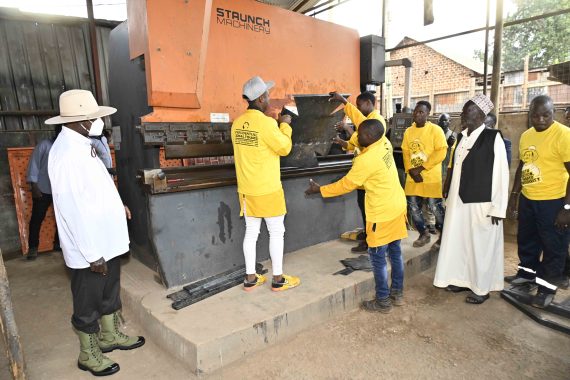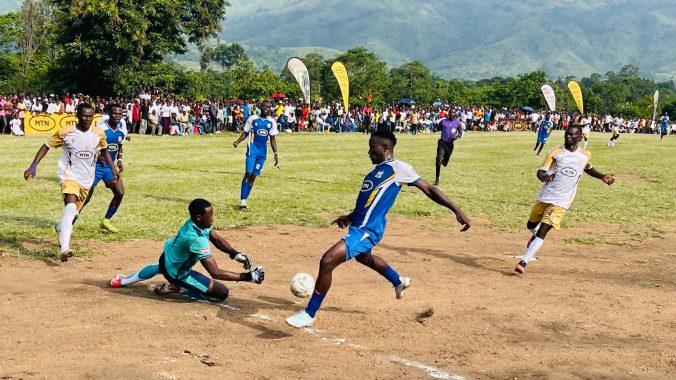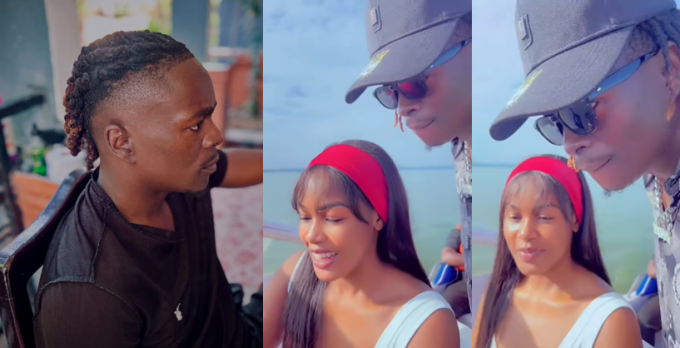Gen. Mugisha Muntu continues to divide opinion within the opposition after the contested FDC Presidential elections that saw Patrick Amuriat sworn in as party President.
Gen. Muntu has not officially taken a position where he stands. But the recent events in Parliament where his choice for Opposition leader in Parliament Winnie Kiiza saw her term ended prematurely, have left him undecided.

Gen. Muntu has been seen backing candidates backed by ‘people power’ agitator Robert Kyagulanyi (Bobi Wine) in most of the concluded by-elections – clear examples being Kasiano Wadri in Arua and Asuman Basalirwa.

In a face off with NBS TV, the former army commander deliberated on a commendable number of issues in the excerpts below.
Mugisha Muntu: When we got out of that, we again got into many contestations internally which paralyzed more or less our efforts of moving in the direction we hoped we would.
Mugisha Muntu: “Unfortunately, all my 5 years almost were engaged in turbulence because the election itself was contested and it took us almost a year and a half trying to resolve that, we finished one aspect of it and then they rose another, it basically took us 2 years.”
Mugisha Muntu: We’ve been in this contestation for quite a while, I remember when I took over the party in 2012, my understanding and hope was that the delegates wanted us to move along the path of party development, so I set off intending to do that.
Mugisha Muntu: The third option is in the event of the two for us to operate in a mature way, and then work together around the common objectives of regime change, and creating a strong foundation best of which good governance can be conducted thereafter.
“The second option was that if the first one failed, then we would remain inside but fighting as has been happening for a number of years, the outcomes of those would be that the party would remain unstable but we would all remain inside, fighting and vying for space”
Mugisha Muntu: We’ve been discussing around the option of resolving the internal contradictions, being able to manage the 2 different tendencies and then move together harmoniously.
Mugisha Muntu: Some of the issues we’ve been discussing have been around the contestation of different strategies within the party, it’s been a key ingredient and we’ve been looking at different options.
Mugisha Muntu: From that understanding, you are in a position to make logical decisions from those interactions.
Mugisha Muntu: Meeting to me is very important, constant interactions and communications are a necessary ingredient in human management. How do you just make assumptions or decisions unless you’re able to understand what people think, and their expectations!
Muntu: It was an open exercise. We did it in public spaces and finished the whole exercise without undermining the party. In certain cases, I used it as an opportunity to explain certain things that leaders of FDC would be asking about party headquarters.
Mugisha Muntu: To me, I felt it was important to interact with the key actors all over the country, do analysis and then interact with the leaders to see the way forward.
Mugisha Muntu: I first mentioned it in the delegate’s conference, I then mentioned it when I was handing over to Patrick Amuriat, 7 days later, I mentioned it to him in a private meeting.
Mugisha Muntu: My understanding of management wherever you are is constant interaction. I had indicated to all the delegates that I needed to go out and get a full understanding of the situation which we were now operating in.
Mugisha Muntu: There were different views within the party, there were some leaders within the party who didn’t want the exercise to take place and those who didn’t see any problem with it, however, it has ended successfully so I don’t have any problem.
Maj. Gen. Mugisha Muntu: It’s been worth the time, efforts and resources invested into it.
Muntu: It has given me an opportunity to listen to voices from across the country. It’s presented an opportunity for those we’ve interacted with to ask questions and understand the situation in the party as well as the general political situation in the country.

Award winning journalist and writer who has worked as a stringer for a couple of acclaimed South Africa based German journalists, covered 3 Ugandan elections, 2008 Kenya election crisis, with interests in business and sports reporting.


